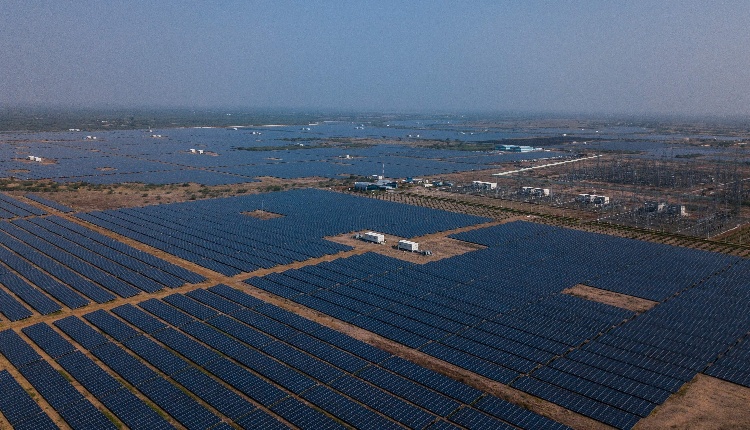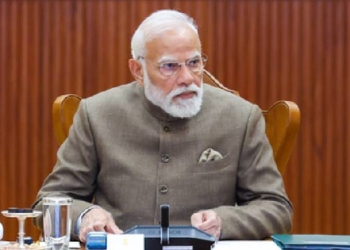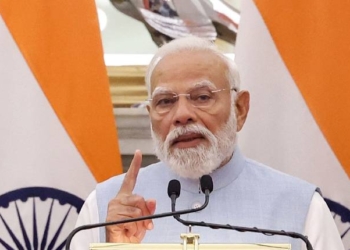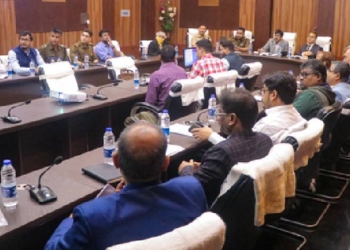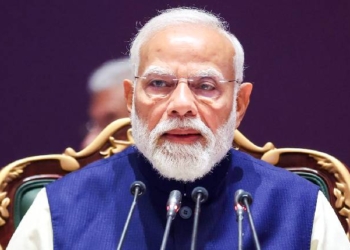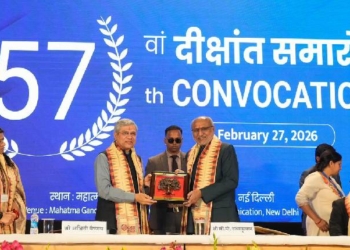New Delhi: The Union Budget 2024-2025 will give a further push to prioritise environmental, social, and governance (ESG) and sustainability initiatives to drive long-term economic growth and environmental resilience, experts said on Monday.
Last month, the World Economic Forum (WEF) hailed India’s progress in the global energy transition, observing that the country “is leading the way in creating outcomes that can be replicated elsewhere”.
According to Saunak Saha, Partner, Climate Change and Sustainability Services, EY India, enhanced incentives for green technologies, stricter regulations on carbon emissions, and increased funding for sustainable infrastructure projects are essential.
“Our energy sector and transport sector would need to decarbonise which eventually would help other sectors as well on their decarbonisation agenda. These measures will not only help India meet its climate commitments but also position the nation as a leader in sustainable development,” Saha emphasised.
India added a record renewable energy capacity of 18.48 GW in 2023-24, more than 21 per cent higher than 15.27 GW a year ago, according to government data.
Shailendra Singh Rao, Founder, Creduce, said they are seeking substantial funding for clean energy projects, including solar and wind, e-mobility and green hydrogen.
“This should encompass investments in grid infrastructure, tax breaks, and subsidies. This will be a significant relief, particularly for the transition sector. In order to accomplish our immediate 2030 objective, we must concentrate on the same,” he said.
To enhance the reliability of renewable energy sources, the experts anticipate receiving budgetary support, particularly for battery storage solutions.
The ‘Smart Cities’ mission increasingly requires the implementation of an aggressive green infrastructure, including urban forests, green roofs, and sustainable public transportation.
“It is imperative that we implement tax incentives and grants for developers who adhere to stringent environmental regulations. Developers may not be motivated to pursue these initiatives independently unless these incentives are disclosed,” said Rao.
(IANS)




